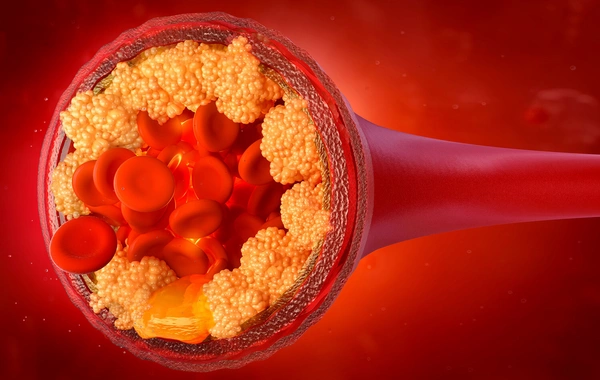Scientists accidentally proved a "crazy" hypothesis about a vital vitamin

American scientists from the University of California, Riverside have for the first time managed to stabilize an extremely unstable molecule - carbene - in water. This discovery confirmed a hypothesis proposed back in 1958 by chemist Ronald Breslow that vitamin B1 (thiamine) temporarily transforms into carbene when participating in metabolic reactions.
Carbenes typically break down in aqueous environments within fractions of a second, which for a long time cast doubt on their actual existence in living organisms. However, after 67 years, scientists have managed to "protect" carbene by creating a molecular container that keeps it stable in water for up to six months.
"Many considered Breslow's idea crazy, but he turned out to be right," said co-author of the study, chemist Vincent Lavallo.
The stabilization of carbene was confirmed using high-resolution microscopy. The discovery not only proves its possible role in biology but also opens the way for the safe use of such molecules in water - a universal, accessible, and environmentally friendly solvent.
Initially, the research was not aimed at testing Breslow's hypothesis, but the outcome became an example of how fundamental science can change perceptions of what is possible.
Similar News
Scientists have learned to control cholesterol activity using light
American chemists have developed molecules that allow controlling the biological activity of cholesterol using light. The work is published in the Journal of th...




 Azərbaycanca
Azərbaycanca  По-русски
По-русски  English
English 





